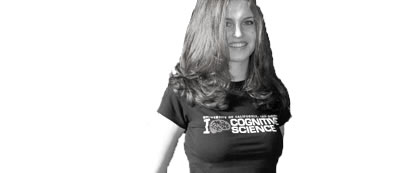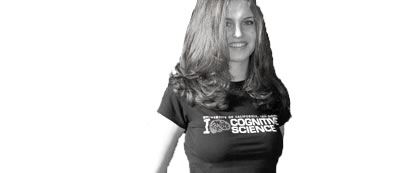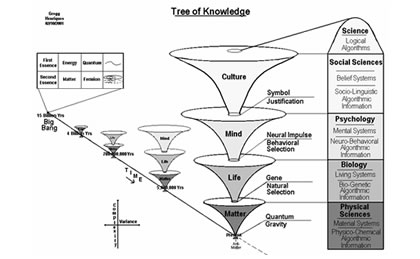
Thank Kihlstrom (2004), some clarity. I’ve just been reading his response to Henriques’ proposals for a unified psychology, and the man talks a lot of sense. Although he’s not totally dismissive of what Henriques’ has to say, he thinks that psychology has, in effect, already been unified, to the extent that it’s possible, by the cognitive revolution.












